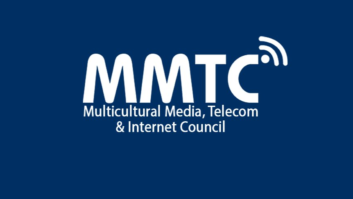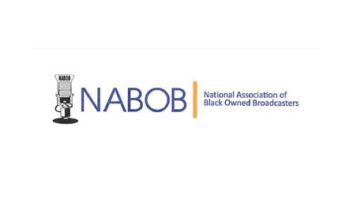Vocal Washington lobbying group MMTC is pushing the Federal Communications Commission to move forward with a pending petition that would assign a “designated hitter” radio station to provide non-English EAS alerts in the case of a large emergency.
The Multicultural Media, Telecom and Internet Council is attempting to move the so-called Katrina Petition to the front burner for policy advisors at the commission. At the same time, it is pressing the commission to recall a draft order reportedly on circulation. This draft, according to the MMTC, specifies that stations notify authorities if they provide non-English EAS alerts but does not require that broadcasters take any specific steps to provide in-language service in the case of an emergency.
During a spate of meetings on Nov. 12 and 16 — which included Commissioner Mignon Clyburn as well as legal advisors to Chairman Tom Wheeler and to Commissioners Jessica Rosenworcel and Ajit Pai — the MMTC said that during seven rounds of pleadings since 2005, opponents have failed to document any cost, jurisdictional, constitutional or operational issues that would prevent the commission from taking action. And there’s been no action from the broadcast community in this area, the MMTC said.
“Since the Katrina Petition was filed, not a single state broadcast association — not one — has come up with a plan to ensure emergency service to non-English language minorities,” wrote the MMTC in a letter to the FCC on Nov. 16.
It’s been 10 years since the MMTC — along with the Spanish Broadcasters Association and the Office of Communication of the United Church of Christ — submitted a Petition for Emergency Relief. That petition suggested that one radio station be designated to broadcast emergency information in a secondary language before and after an emergency event.
Following this month’s meetings, the MMTC now says it is time to establish a mechanism to protect the lives and wellbeing of 25 million adults and children who are not proficient in English. “Multilingual emergency service is really not difficult to achieve,” its letter says. “State EAS plans can easily be amended to incorporate reasonable methods of ensuring that life-saving information finds its way to the public before, during and in the immediate wake of a life-threatening disaster.”
During one of the meetings, the MMTC suggested that a local multilingual community’s eligibility for relief could be determined by reference to whether federal election guidelines provide for bilingual ballots.
“First, however, the commission needs to articulate a clear standard for compliance,” the letter said. “Otherwise we can be sure that many states will fail to put forth realistic plans, thus triggering years of expensive and tedious market-by-market litigation that would pit local broadcasters against local citizens.”
The MMTC wants the commission to articulate a reasonable “bright-line” standard that broadcasters can follow.











